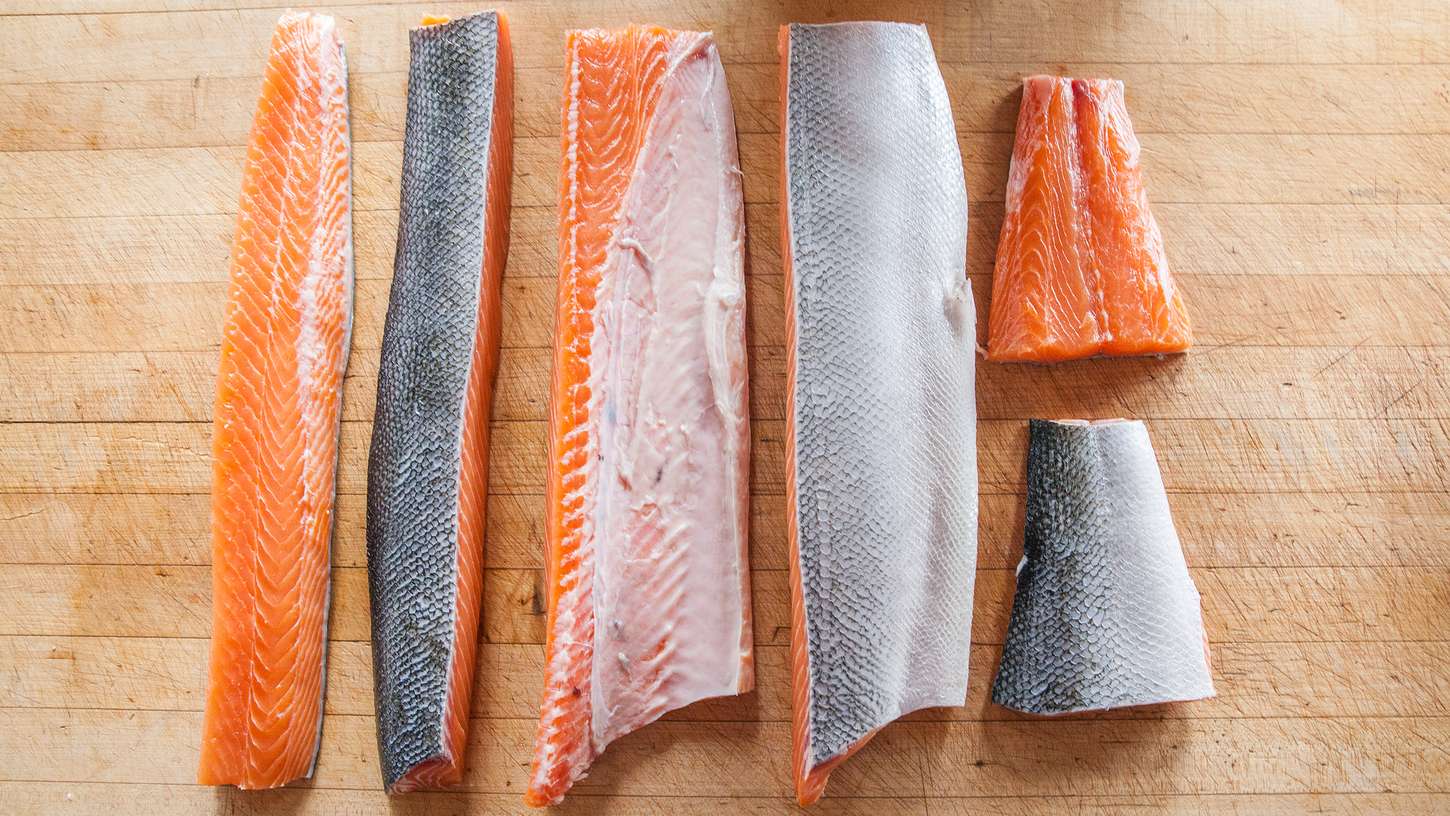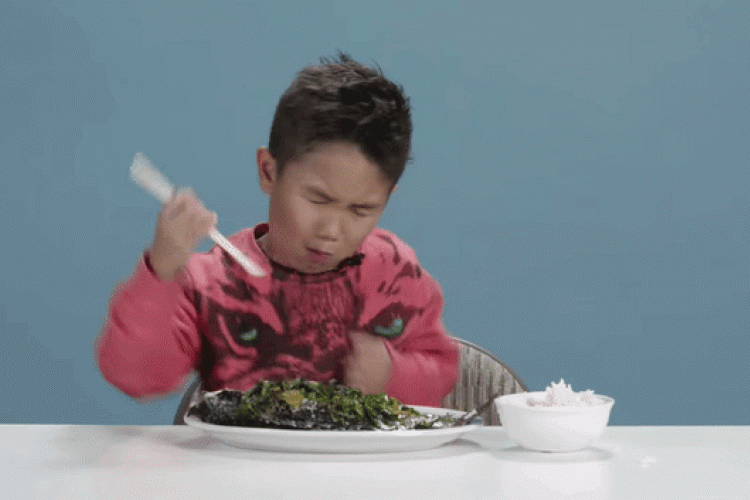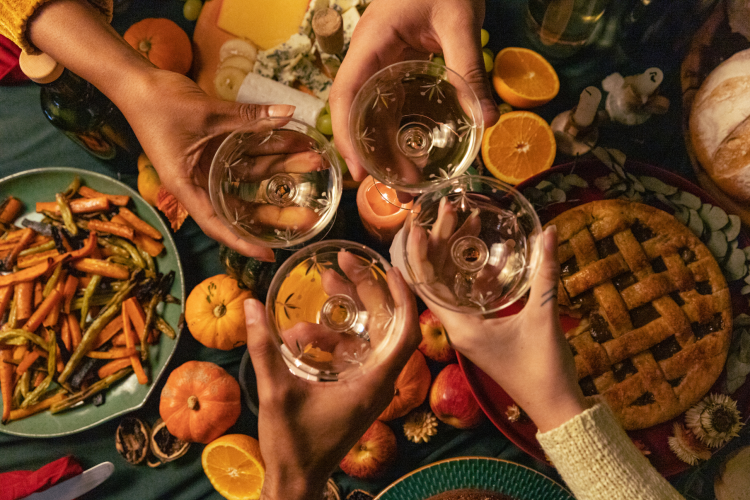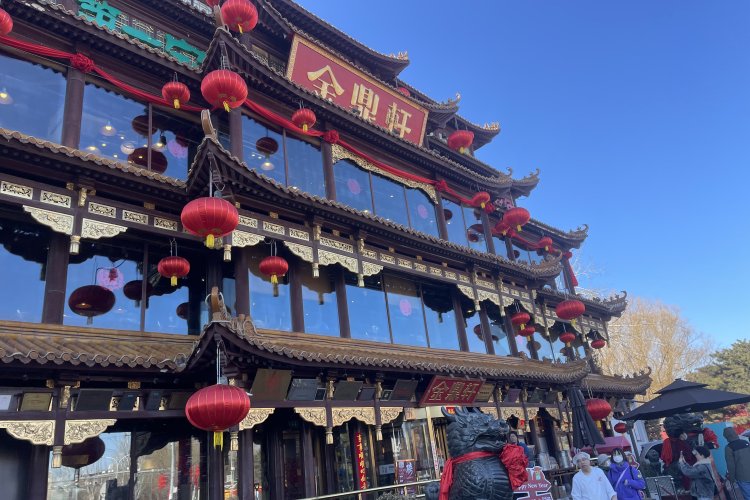Fishy Business: China's Bizarre New Salmon Law Means That What You're Eating Might Not be Salmon
In a rather puzzling turn of events, the Chinese government has finally addressed an ongoing case of fish-related identity theft – but not in the way you'd expect. For years now, rainbow trout have been sold under the guise of salmon, due to the meat of the two species of fish being indistinguishable to the untrained eye. That similarity has led the practice to go unnoticed by many, but now the government has found a simple solution to the problem: they've redefined "salmon" to include rainbow trout.
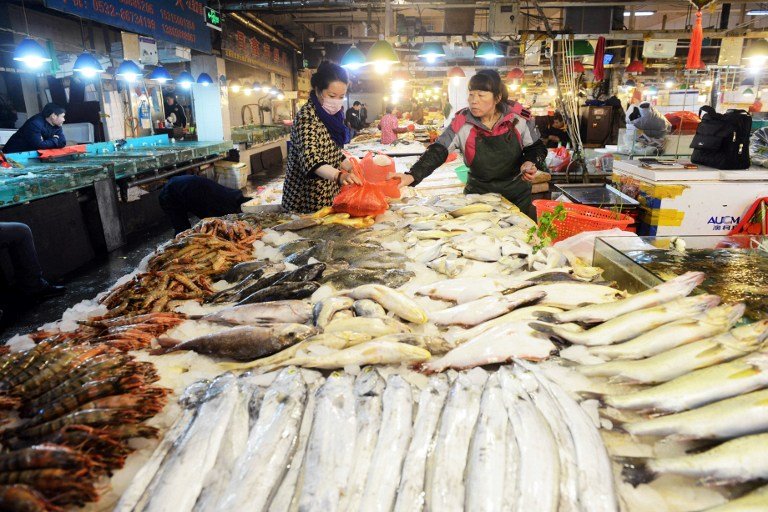
This surprising approach has led to a backlash, not only because of the government's implicit approval of public deception, but also because rainbow trout, although a member of the salmon family, is more susceptible to parasites that can in turn infect humans if eaten raw. Commonly bred and sourced from farms in China's central Qinghai province, rainbow trout are cheaper to produce than salmon – which spend the majority of their life in salt water – explaining why this fish-fraud is so prevalent.
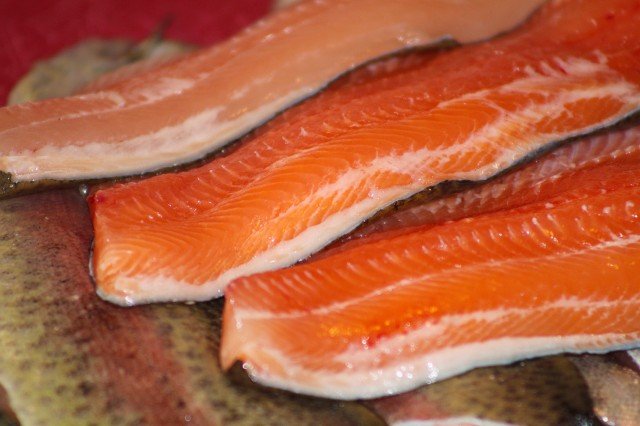
The introduction of this new law coincides with the rise of salmon consumption in China, but also with the rise of public concern about infection. When the decision was announced, people took to Weibo to post their grievances alongside the hashtag #RainbowTroutBecomesSalmon. Some netizens took a more light-hearted approach to the issue, with one user writing, "The trout must be confused. After so many years its identity has suddenly changed to become salmon." Others applied this logic to other similar scenarios, such as asking why seas and lakes can't now be interchangeable, so as to do away with the problem entirely.

Alan Wong, owner of Hatsune, tells the Beijinger that, "Knowing trout is a river fish, and also knowing that Chinese consume river fish all the time (à la Huairou sashimi), I doubt it will make any difference how locals view the product," though Wong echoes the health-concerns shared by members of the public, adding, "... I highly recommend against eating it [raw rainbow trout], or any river fish completely raw, as it's got bad stuff in it." He emphasizes that his business is unaffected by the new ruling, as he imports his salmon from Norway and other EU countries.
Although most of us are likely to have been in the dark about the dangers of eating what we thought were delicious and succulent chunks of pink salmon, this incident comes as a stark reminder that it remains up to us to make sure that the food that we eat really is what we think it is.
Photos: Chef Steps, Business Inquirer, Onthewater

